Fire Damage Restoration Services

Fire restorations are often needed after winter fires due to increased heating system use and holiday-related incidents.

Performing fire restoration in warmer months allows for better ventilation and drying, reducing mold growth.

Early fall is ideal for addressing fire damage before colder weather sets in, ensuring safety and preparedness.
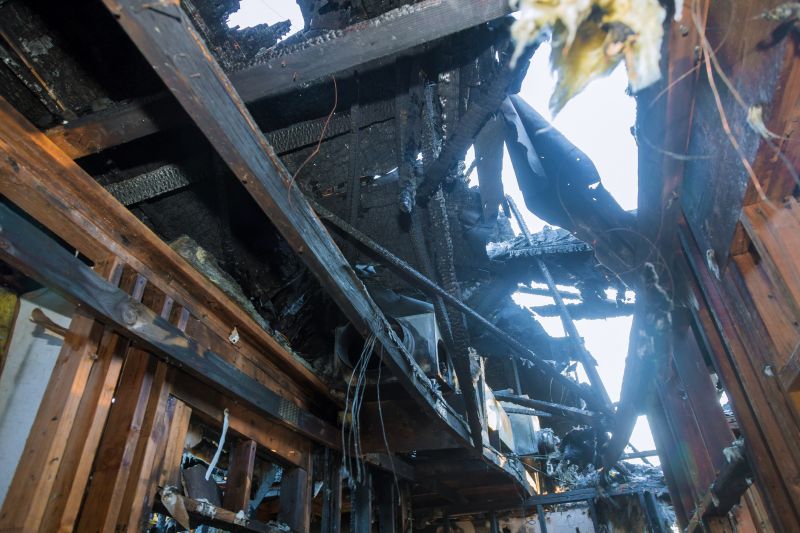
Ways to make Fire Restorations work in tight or awkward layouts.
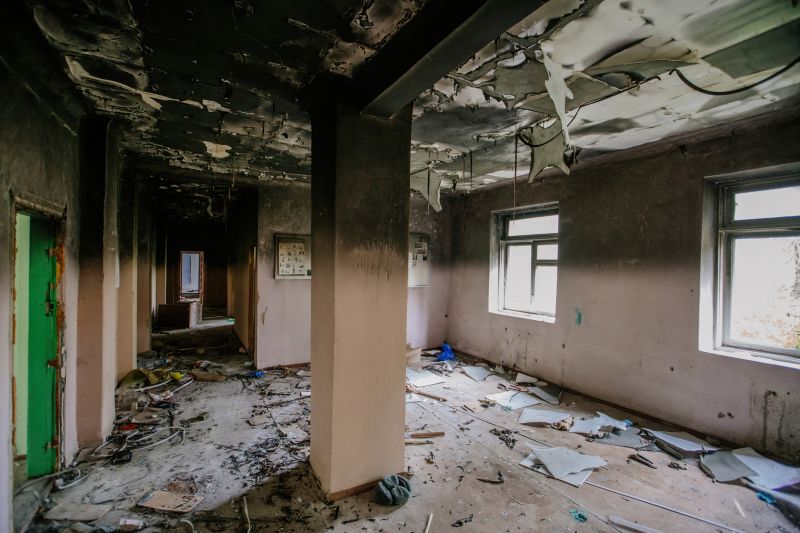
Popular materials for Fire Restorations and why they hold up over time.
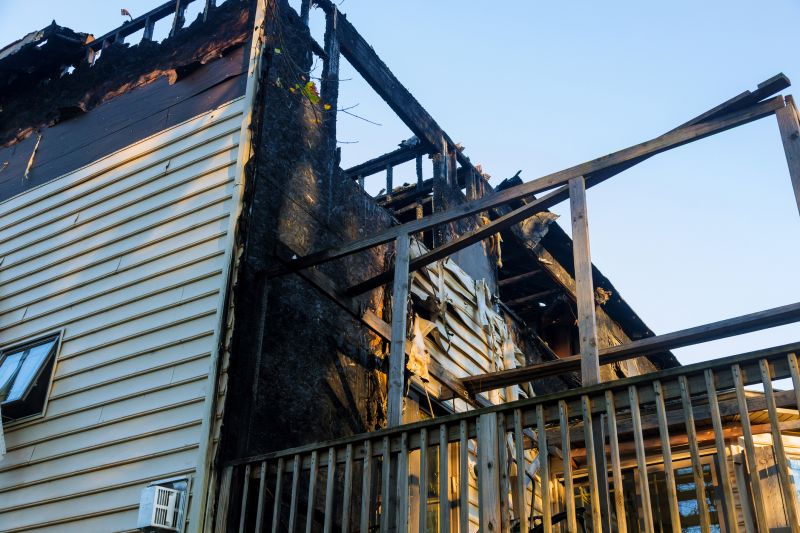
Simple add-ons that improve Fire Restorations without blowing the budget.
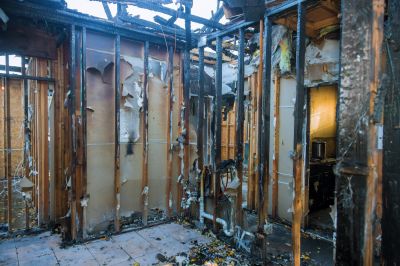
High-end options that actually feel worth it for Fire Restorations.
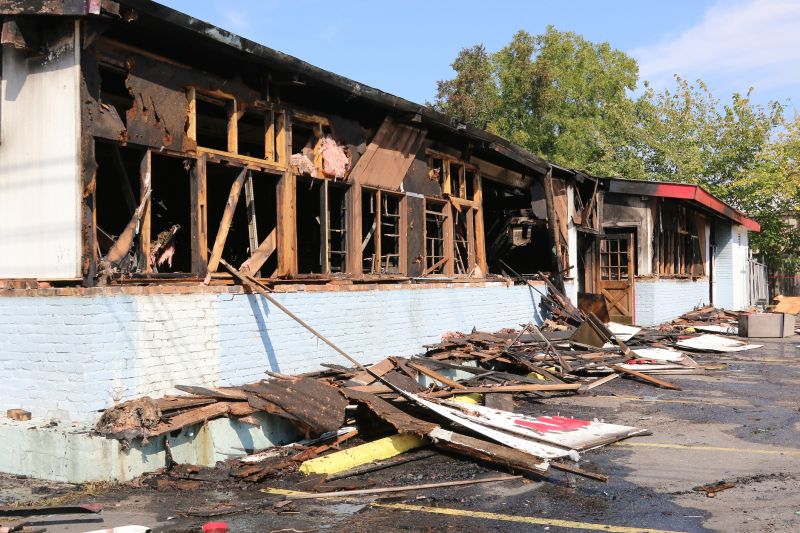
Finishes and colors that play nicely with Fire Restorations.
Fire restorations involve repairing and restoring properties damaged by fire, smoke, and heat. The process includes cleaning, smoke odor removal, structural repairs, and sometimes reconstruction. Proper timing of fire restoration can influence the effectiveness of cleanup and the prevention of secondary damage such as mold or corrosion.
Statistics indicate that early intervention after a fire can significantly reduce restoration costs and minimize long-term damage. On average, fire damage restoration involves a series of steps that can take from days to weeks, depending on the severity. Addressing fire damage promptly during appropriate seasons ensures optimal conditions for drying and repairs, ultimately leading to more effective restoration outcomes.
An initial evaluation helps determine the extent of damage and the necessary restoration steps.
Removing smoke residues is crucial for restoring indoor air quality and preventing corrosion.
Restoring compromised structural elements ensures safety and stability.
Specialized treatments eliminate lingering smoke odors for a fresh indoor environment.

Thorough inspections identify damage and guide restoration planning.
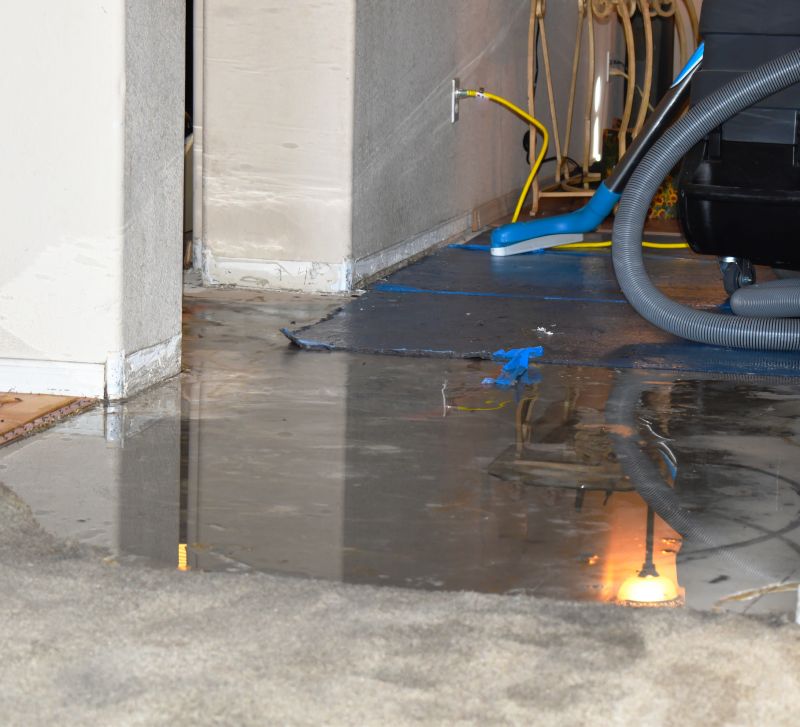
Advanced tools facilitate effective smoke and soot removal.

Reinforcing and fixing damaged frameworks restores safety.
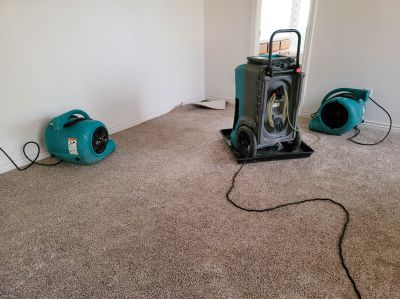
Specialized equipment neutralizes persistent smoke odors.

Little measurements that prevent headaches on Fire Restorations day.
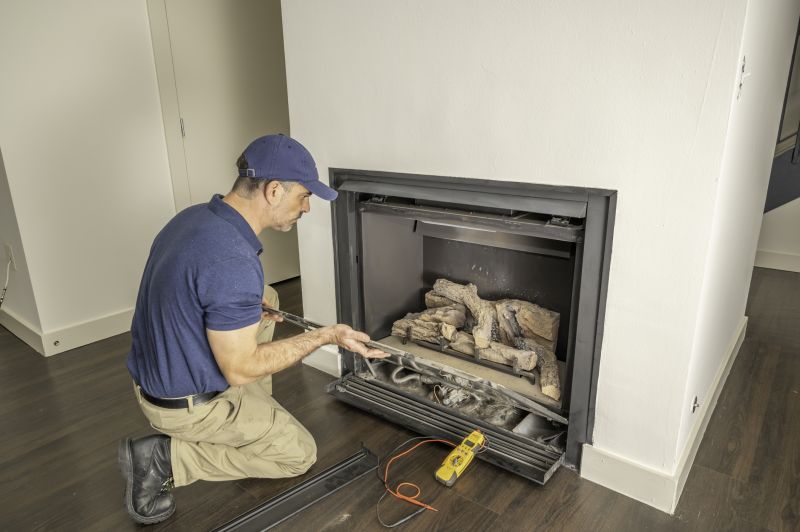
A 60-second routine that keeps Fire Restorations looking new.
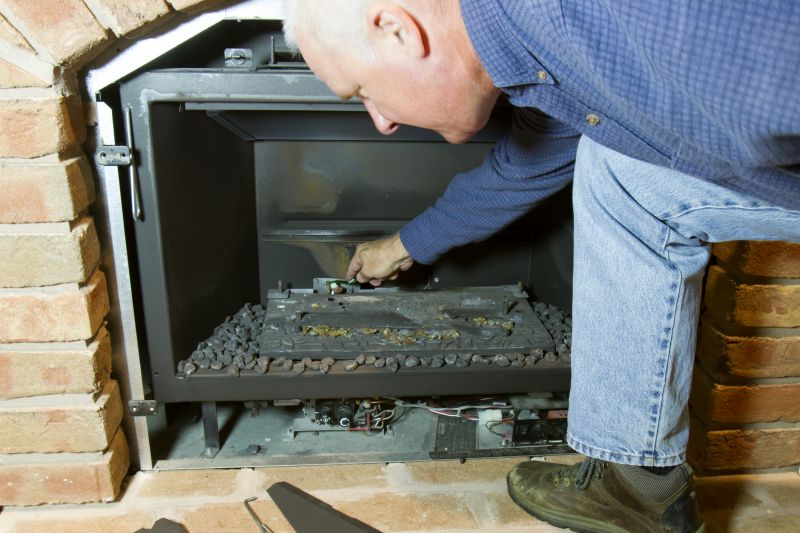
A frequent mistake in Fire Restorations and how to dodge it.
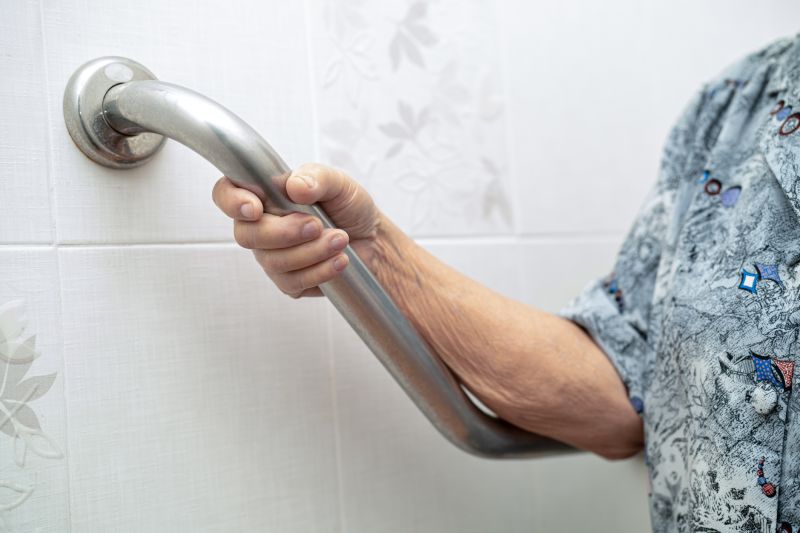
Small tweaks to make Fire Restorations safer and easier to use.
| Season | Advantages |
|---|---|
| Winter | Lower humidity levels aid in drying; however, colder temperatures may slow some restoration processes. |
| Spring | Ideal for thorough cleaning and drying; increasing daylight helps with inspections. |
| Summer | Warm weather accelerates drying and repair work, reducing overall restoration time. |
| Autumn | Prepares property for winter; less humidity and moderate temperatures are beneficial. |
Choosing the optimal time for fire restorations depends on weather conditions, availability of restoration services, and the specific needs of the property. Conducting restorations during seasons with favorable weather can enhance drying times and reduce complications related to moisture or mold growth. Proper planning ensures that restoration work proceeds efficiently and effectively.
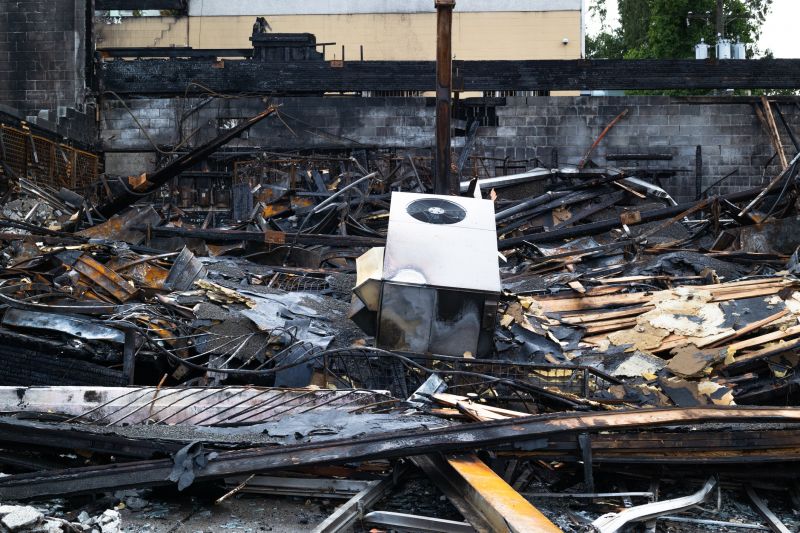
Restoration specialists repair structural and cosmetic damage caused by fire.
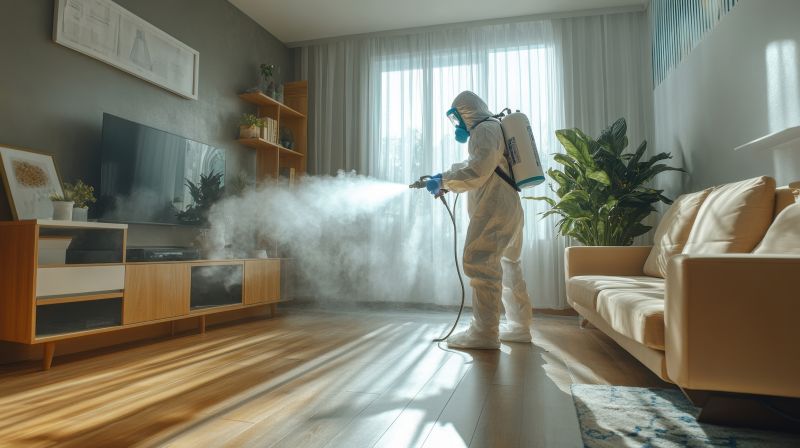
Advanced techniques eliminate residual smoke smells from interiors.
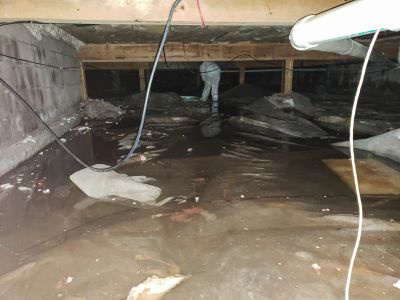
Addressing water used during firefighting prevents secondary issues.
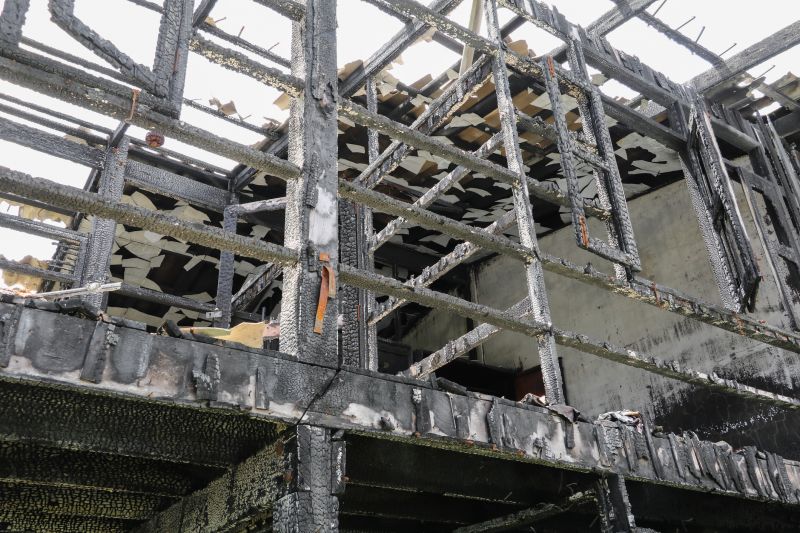
Restoring the property to its pre-fire condition with expert craftsmanship.
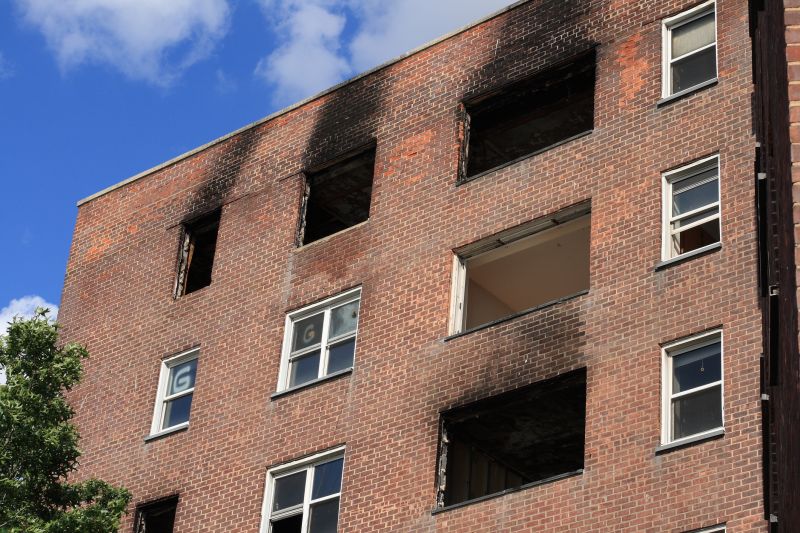
Lower-waste or water-saving choices for Fire Restorations.
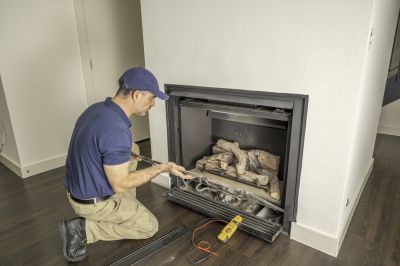
The short, realistic tool list for quality Fire Restorations.
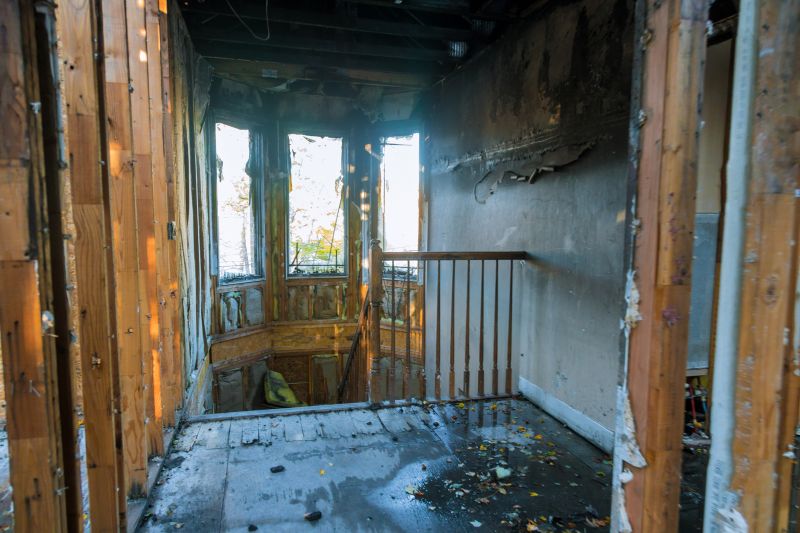
Rough timing from prep to clean-up for Fire Restorations.

Quick checks and paperwork to keep after Fire Restorations.
Interested property owners are encouraged to contact for more information about fire restoration services. Timely intervention and proper seasonal planning can significantly impact the success of restoration efforts, helping to restore safety and comfort efficiently.


